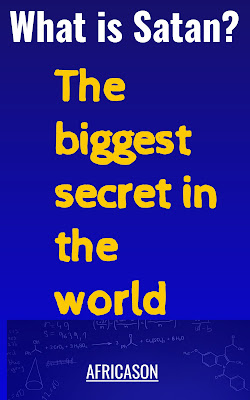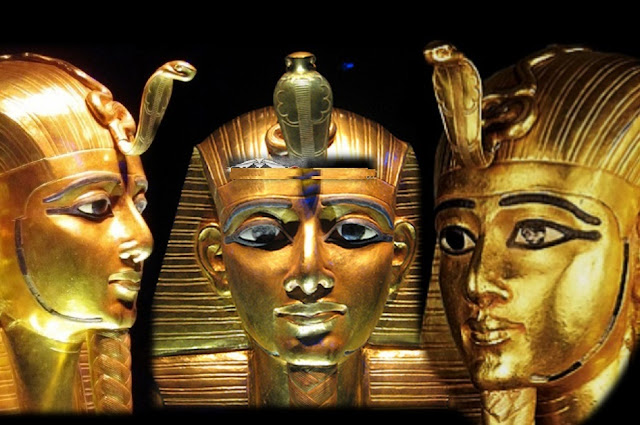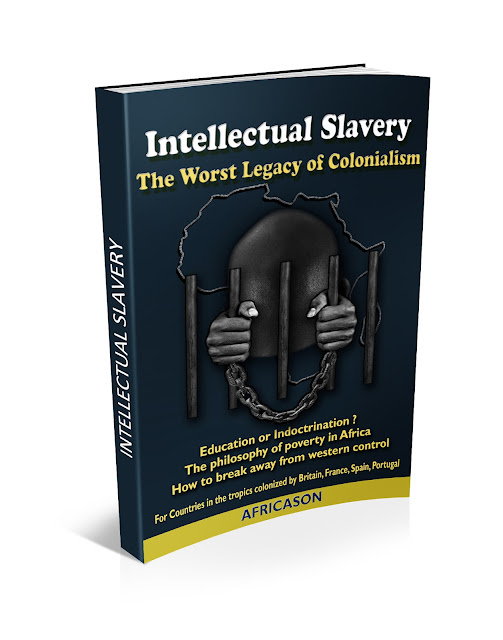International Aid and Economy Still Failing in Sub-Saharan Africa
A recent report by
the United Nations has revealed that not a single country in sub-Saharan Africa
is on track to achieve the internationally agreed target for halving extreme
poverty by 2015. This dire failure is unsurprising given the G8's undelivered aid
commitments, the inability of the World Trade Organisation (WTO) to negotiate
development-friendly trade rules, and the financial burdens imposed on many
African countries by the International Monetary Fund (IMF) and The World Bank.
According to the report, published at the midway
point in the Millennium Development Goals (MDG) process, the number of people
living on less than one dollar a day has barely changed over the past seven
years, declining less than 5 per cent to 41.1%. As much of a concern is the
increasingly slow rate by which the number of people living in extreme poverty
is reducing. In line with this disappointing trend there has been little change
in the number of children under five who remain hungry and underweight; a mere
four per cent decrease was observed between 1990 and 2005. Over the same 15
year period, mortality rates for children under five dropped by less than three
per cent and only an additional five per cent of the population have gained
access to basic sanitation, leaving 37% of people without this necessity. The
number of deaths from AIDS is also accelerating - a staggering two million
people in 2006.
The report also highlights the impact of global warming which is already being
felt throughout the region. Recent examples include the intensification of
droughts and desertification in Kenya, the accelerated melting of ice field
peaks in Tanzania, and the increased flooding experienced in the Niger Delta.
The effect of climactic change in sub-Saharan Africa inevitably heightens the
scarcity of resources such as food and water, fuels conflict and exacerbates
poverty. For instance, only 42% of the rural population presently have access
to clean water but this, according to the Intergovernmental Panel on Climate
Change (IPCC), could soon include up to 250 million Africans. Despite important
yet limited improvements in education, healthcare and agricultural productivity
in a few countries, the overall trends for poverty reduction, access to clean
water and basic healthcare are continuing to plummet. The G8 leaders concur in
theory that nothing could be more important than preventing the imminent deaths
of millions of Africans who are being indirectly denied the right to these
essential resources. Yet as the failed Gleneagles promises for increased aid to
Africa demonstrate, global political priorities and economic policy address
poverty indirectly, if at all, focusing instead on creating economic growth and
a strong corporate sector.
G8 ministers managed to placate many campaigners at the end of the 2006
Gleneagles Summit with inflated promises for more aid. The conclusion of this
year's Heiligendam summit, however, has once again united civil society in its
condemnation of the G8's apparent self interest. According to the UN, the MDG
to half extreme poverty will only be achieved if the current pace of aid
donation is doubled. Not only is such commitment extremely unlikely, but
research also shows that economic growth and international aid will never be
sufficient to address poverty to any meaningful extent. The Chronic Poverty
Research Centre has calculated that even if the Millennium Development Goal for
poverty and hunger is achieved by 2015, 900 million people will still be living
on less than one dollar a day.
According to the IMF, Africa is currently enjoying robust economic growth. It
is also exporting more food than ever before through world trade and corporate
investment, alongside an improvement in productivity. In light of the
persistence and prevalence of extreme poverty, however, the relationship
between these economic improvements and the provision of the most basic welfare
is intangible at best. Although it is undeniable that this equation is
complicated by biased international trade rules and the corruption of both
African governments and multinational corporations, it is also clear that the
neoliberal policies adopted by the IMF, World Banks and WTO are incapable of
addressing poverty in regions where it remains a priority.
A new strategy is
long overdue.
The data on poverty in Africa strongly suggests that the internationalisation
of market forces over the past quarter century has kept Africa impoverished,
whilst simultaneously creating unimaginable wealth for a relative minority in
the global north. The "trickle-down effect'" which claims that
financial returns from commercial exports and growth will eventually benefit
lower socio-economic groups, seems to have been reduced to an
"intermittent-drip effect" in the case of Africa. This is
unsurprising given that domestic production is increasingly geared toward
exporting cash crops to the international market, a sector dominated by
agribusiness giants. As a consequence of this arrangement, which is in line
with international free trade rules for developing countries, local producers
and economies loose out as corporate profits are repatriated abroad or paid out
in executive salaries and shareholder dividends.
Any economist can confirm that a market economy will increase inequality by
disproportionately rewarding those with greater economic, financial or
political power. Only government intervention to redistribute wealth can remedy
this basic flaw, yet redistributive mechanisms are absent both in the global
economy and in many African countries where economic adjustment is geared to
debt repayment and not welfare, courtesy of the IMF.
The good news about economic growth rates in sub-Saharan Africa is further
compromised by the fragility of booming commodity prices. Being primarily an
agricultural continent, Africa relies on the export of a small number of
commodities to create the growth that can eventually finance welfare services.
Not only is this dependency on exports to global markets a risky way to
underwrite the social safety net, but it undermines the simple logic of
prioritising food security. Instead of securing food for African children, a
third of whom are underweight, the free trade regime redistributes domestic
food production to other parts of the world. Given the urgent needs of the
continent, such measures defy economic, social and moral sense.
Africa has, for the past 25 years, provided a clear demonstration of the
dislocation between economic growth and the provision of basic human needs. The
case reveals overwhelming evidence of the need for an alternative principle
upon which to organise the global economy, yet this fact continues to be
ignored by key policy makers in the US and EU. Any significant shift in
international economic policy away from a purely market based system will
inevitably be difficult to implement given the political and financial
dominance of the G8 nations. However, a total lack of willingness to even
accept that there may be a more efficient way to organise resource distribution
is negligent in the extreme. This conservative view is likely to be expounded
by those who gain most from a competitive economy, namely the strongest and
fittest nations, their ministers and corporations. For these vested interests,
sharing the resources which they have ownership or control over would simply
mean diluting their strength, reducing their profits and curtailing their
economic growth.
The decision that humanity as a whole must make is whether we are prepared to
serve the needs of the majority or perpetuate a system that perverts economic
democracy and dismisses any sense of common unity and morality.
Africason
Africason is a die-hard believer in Africa.
Facebook: facebook.com/AfricanSchool










Comments
Post a Comment